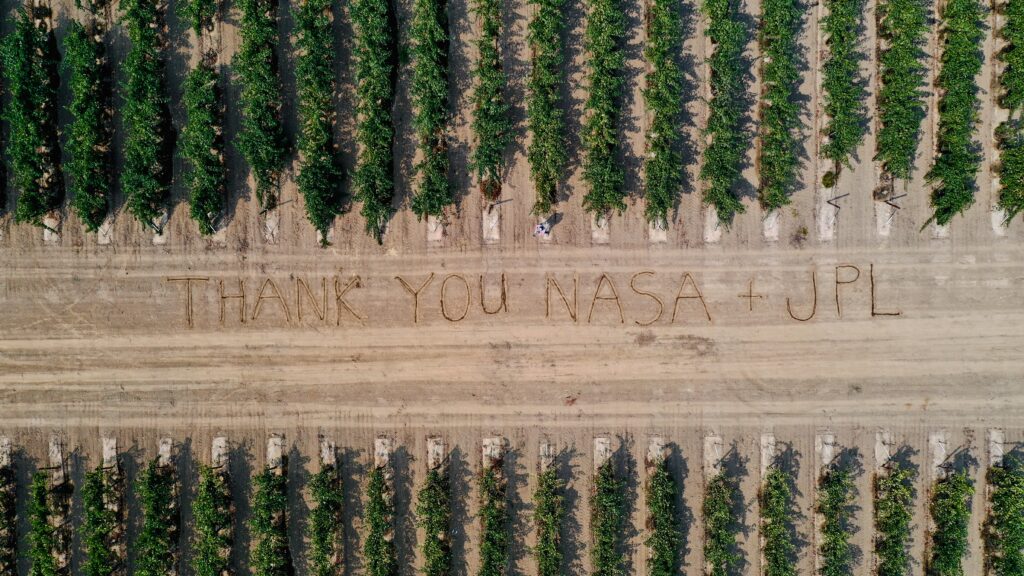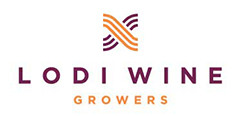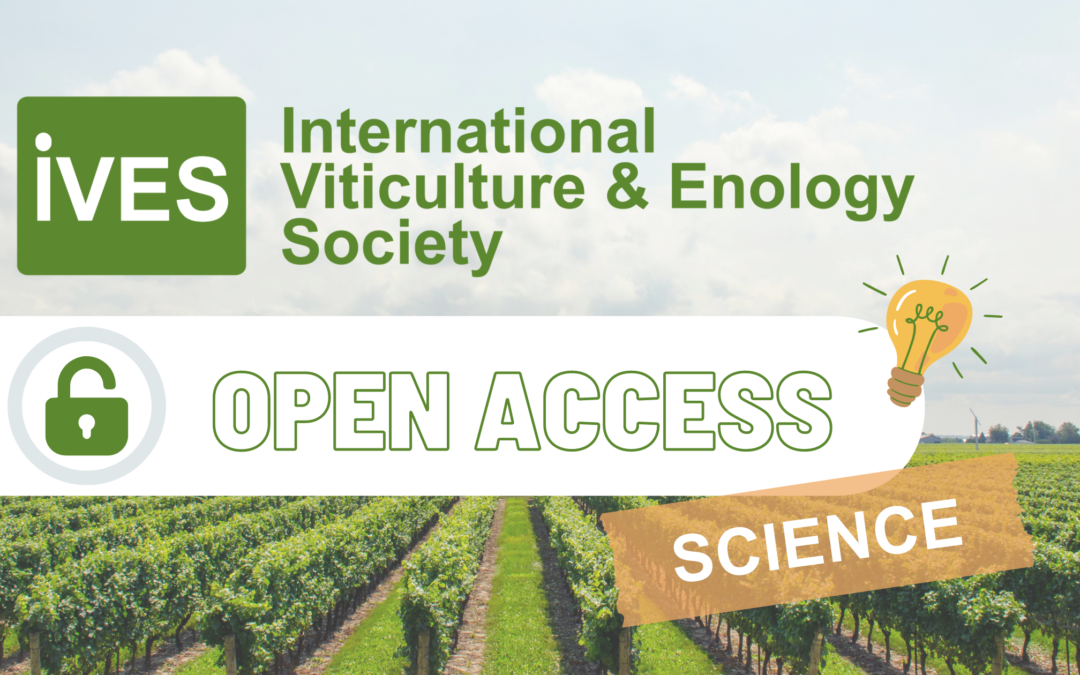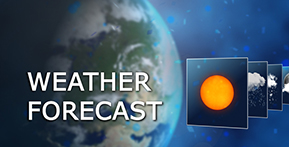MONDAY, OCTOBER 2, 2023. BY ROLAND RIESEN, PhD, CHAIRMAN OF IVES.
Why – the vision
High-quality scientific research and the dissemination of its results are crucial to help advance knowledge in any industry or service. Typically, research results are published in peer-reviewed scientific journals, technical journals, fact sheets by professional organizations, or by similar means. The peer-review process by independent experts in the related field is intended to guarantee the integrity and quality of the research. Traditionally journals were printed media, but they are more and more complemented or even replaced by online access. Most scientific journals are owned by a few big publishing companies such as Elsevier, Springer, or Wiley-Blackwell. Articles can be accessed either through subscriptions or in open-access mode. The publishing companies charge Article Processing Charges (APCs) to make articles available in open access, typically $1,000 – 3,000 per article paid by the researcher or the university. Adding to these costs are the subscriptions the universities have to pay to the publishing companies in order to allow their researchers and students to access journals that are not in open access. These license fees can total several thousands of $ per journal per year, thus representing a high financial burden to the (research) budget of the universities. The trend in recent years has been a buy-out of many of the journals by the big publishing companies, thereby creating a quasi-monopoly, giving them a strong position to negotiate ever-increasing license fees with the universities.
“Open Access” has become a buzzword in recent years. The idea of this new publication mode is free access to articles published in journals or magazines which adopt this strategy. This possibility to read research results for free was a big progress. But most editing companies charge APCs for publishing the articles. That’s where IVES, the International Viticulture and Enology Society comes in. At IVES, we strongly believe that information should be free for readers as well as for authors, thus creating a true “Open Access”, without APCs, called “diamond Open Access”. We are convinced that this vision is most valuable for the advancement of society in general and the viticulture and enology sector in particular.
What – the strategy
The researchers and the universities are directly affected by the high cost of doing research and providing access to their own scientific results. In fact, they pay 3 times for this: 1) the direct cost for doing research (salaries, equipment, laboratories, consumables, a.s.o), covered by grants or university contributions, 2) the cost for the publication of their research in scientific journals in open access (APCs), and 3) the cost for the license fees to access the journals the universities have to pay to the publishing companies. A typical review article with 200 references represents publication costs of around $400,000 for all the references (assuming an average article processing charge of $2,000 per reference). Thus, a few researchers dared to dream of a new system where everything would be free, true “Open Access”, thereby freeing more money for their own research. It was in this context that the International Viticulture and Enology Society (IVES) was imagined. This new organization and the journals published would be financially independent of any publishing company with an independent editorial policy. The financial model would not depend on the number of articles published as is the case with the other journals. It would therefore not be subjected to any pressure to increase the revenue to the detriment of the quality of the articles. This was of course a high-risk strategic plan, in particular because there were inherent operational costs involved in managing such an organization. Nevertheless, they went ahead with this idea. Thanks to the University of Bordeaux who created a new independent publication platform, they were able to reduce the initial cost considerably. But more was needed. The researchers managed to convince the participating universities to pay an annual contribution to the International Viticulture and Enology Society (IVES), who would be in charge of managing the journals and developing the “Open Access” strategy further with hopefully more online media. In addition, private and institutional partners shared the vision of true “Open Access” and supported IVES with an annual contribution from the beginning.
How – the tactics
With this initial funding and the true “Open Access” vision in mind, the International Viticulture and Enology Society, IVES, was founded in 2017 as a non-profit association by 10 leading universities worldwide with strong viticulture and enology programs. Its mission was and still is to publish scientific and technical journals online in “Open Access” mode, in vine and wine sciences, organizing symposia, events, and meetings in viticulture and enology. Currently, IVES publishes 3 online media:
OENO One
This is a “classical” peer-reviewed scientific journal founded in 2016, used by academics to publish their research results. One hundred articles per year are published online, the highest number of all specialized grape-wine journals. Over 150 associate editors and reviewers, chosen among renowned researchers, judge the articles for their originality, quality, and integrity before they are accepted for publication. In 2022, the Impact Factor, a measure in the publishing world to determine the importance of a journal, was 2.9, the highest of all specialized grape-wine journals. In 2022, there were 470,000 visits on its website.
IVES Technical Reviews
This is a peer-reviewed technical journal founded in 2020. It is dedicated to professionals like grape growers, winemakers, and consultants. From the beginning, it was clear to us that there was a need for a bridge, a communication tool, between academia and professionals in order to take advantage of scientific research and apply it in the vineyard and the winery. The articles are written by scientists, and the content is taken from scientific articles published in OENO One or similar journals. Articles are easy to read and condensed into 2 pages in order to take into account the limited time professionals have for reading technical literature. The articles are translated into 6 languages (English, Spanish, Portuguese, French, Italian, German), thus allowing most people to read in their own language. Every article is reviewed by a scientist and a professional before publication which is unique for a technical journal. Twenty-six articles were published in 2022, and 100,000 unique readers visited the website, an 8-fold increase over 2021.
IVES Conference Series
IVES Conference Series was founded in 2021. Its objective is the collection of abstracts and proceedings from the major international viticulture and enology conferences. Currently, IVES has 10 partner conferences with more than 2000 documents (abstracts, articles, videos, and podcasts) available free of charge. A new platform was launched recently with a structured database and enhanced functionality (DOI and citation tool) and a performant search engine.

This photo was taken on September 8, 2020 in a LODI AVA vineyard by Aaron Lange (Lodi grower, LangeTwins Family Winery & Vineyards), who borrowed a friend’s drone to take the photo. Charlie Starr IV (Lodi grower, Starr & Storm Crop Solutions) and Stephanie Bolton, PhD (Lodi Winegrape Commission) drew the letters in the sandy soil to show their gratitude towards NASA and JPL for conducting research in a Lodi vineyard, which was an amazing opportunity. In the photo above the second letter N, Dr. Bolton is using a NASA instrument called a Microtops sunphotometer that was shipped to her by JPL scientists so she could take on-ground measurements during the flight.
Of particular interest to this blog’s audience may be the recent GiESCO (Group of International Experts of Vitivinicultural Systems for CoOperation) conference proceedings, available HERE.
The Lodi Winegrape Commission contributed to Dr. Katie Gold of Cornell’s project, “Scalable asymptomatic grapevine leafroll virus complex-3 detection through integrated airborne imaging spectroscopy, autonomous robotics, and cloud computing” which is the NASA JPL partnership study you may have seen in the news a lot lately (pictured above).
Dr. Elizabeth Forrestel (UC Davis) also shared current heat wave research out of Lodi at the 2023 GiESCO: “Heatwaves impacts on grapevine physiology, berry chemistry & wine quality.”
The financial model
The operation of IVES with currently 4 employees is funded solely by member and partnership fees. Members who have voting power are typically universities. They adhere to the true “Open Access” philosophy and are keen to help shape the future of the publishing landscape allowing them to share their research in the most efficient way possible. Institutional and private partners, typically research institutions and grape and wine companies, recognize the advantages of the IVES network and the benefits of free information for their own companies and for the industry in general. A Science Meeting around one or more hot topics is organized once a year, especially for members and partners. It’s a unique and well-appreciated networking platform for exchange with peers and scientists.
IVES Science Meetings (2022 and 2023)
Members and partners
As of July 2023, 31 members, 37 private and 8 institutional partners support IVES through their annual contribution. We invite everyone who subscribes to the true vine and wine “Open Access” movement to join IVES by contacting the Executive Manager, Julien Dumercq. The next General Assembly and Science Meeting will be held in California from February 26 to March 1, 2024.
Have something interesting to say? Consider writing a guest blog article!
To subscribe to the Coffee Shop Blog, send an email to stephanie@lodiwine.com with the subject “blog subscribe.”
To join the Lodi Growers email list, send an email to stephanie@lodiwine.com with the subject “grower email subscribe.”
To receive Lodi Grower news and event promotions by mail, send your contact information to stephanie@lodiwine.com or call 209.367.4727.
For more information on the wines of Lodi, visit the Lodi Winegrape Commission’s consumer website, lodiwine.com.
For more information on the LODI RULES Sustainable Winegrowing Program, visit lodigrowers.com/standards or lodirules.org.






